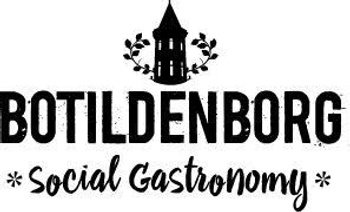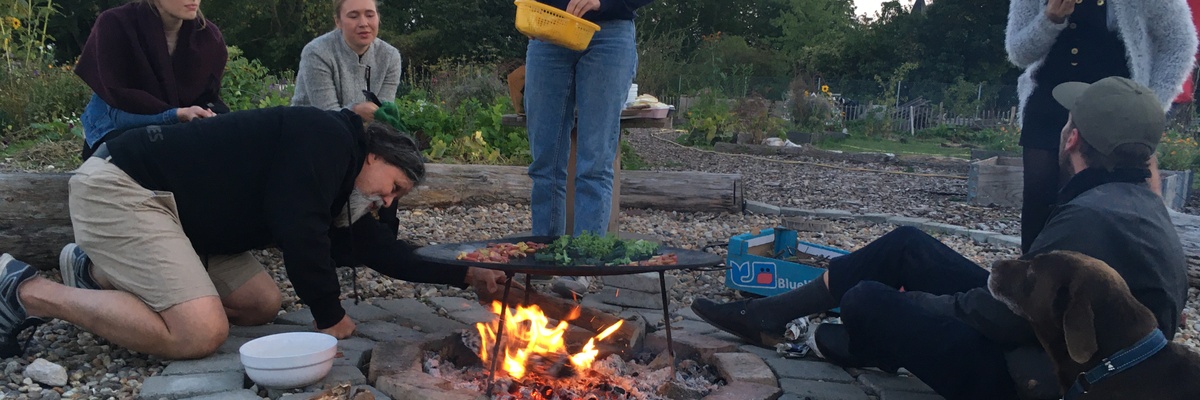

Botildenborg uses gardening and cooking as tools to create new friendships and network in our communities. The garden functions as a meeting place where the group can do practical gardening work and learn about food growing as well as learning from each other and sharing knowledge. People of all ages and backgrounds are welcome with much or little prior knowledge of gardening.
Grow Buddy is a great way of creating new friendships and connections between people in your wider community. We all live in our own bubbles and it can be hard to meet new people, Grow Buddy is a project where people get to meet in a garden setting and get to know each other whilst also getting a chance to learn about the food growing process and share meals cooked outdoors.
The focus of Grow Buddy is connecting people with each other as well as nature and the food we eat. The garden acts as a communal meeting point where both gardening and cooking are used as a facilitation tool, generating conversation between participants. It also offers a space where it is possible to learn and share knowledge with others.
Botildenborg uses gardening and cooking as tools to create new friendships and network in our communities. The garden functions as a meeting place where the group can do practical gardening work and learn about food growing as well as learning from each other and sharing knowledge. People of all ages and backgrounds are welcome with much or little prior knowledge of gardening.
Grow Buddy is a great way of creating new friendships and connections between people in your wider community. We all live in our own bubbles and it can be hard to meet new people, Grow Buddy is a project where people get to meet in a garden setting and get to know each other whilst also getting a chance to learn about the food growing process and share meals cooked outdoors.
The focus of Grow Buddy is connecting people with each other as well as nature and the food we eat. The garden acts as a communal meeting point where both gardening and cooking are used as a facilitation tool, generating conversation between participants. It also offers a space where it is possible to learn and share knowledge with others.
At the moment we are planning for next season, 2022. We want to expand the garden and make it easier for our visitors to take part of what's been grown at the site during pre-history and especially during the Iron Age, when the site was continuously occupied for 1100 years. What did people grow and eat during this time and how did different vegetables and herbs find their way to Uppåkra. We would like to create a garden where our visitors could walk around on their own and both see, taste and learn about the history of cultivation as well as food and beverage consumption.
At the moment, cale is the only crop that is still thriving and was probably a much appreciated leafy green towards the end of the Iron Age.
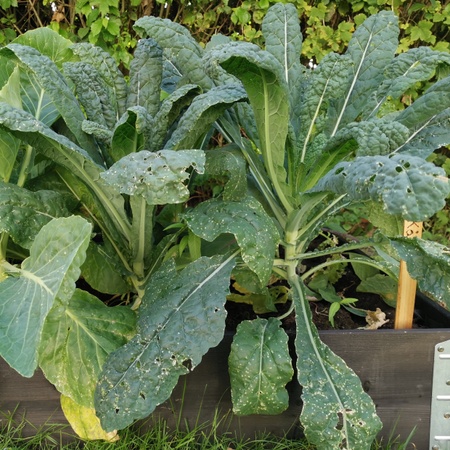
Peas, carrots, dill, kale and other herbs and vegetables grown here at the Iron Age site of Uppåkra, from around 100 BC to about 1000 AD, has thrived in the garden beds. The funding via Grow Buddy have been of great help for us to get started with this project and we are planning to expand the gardens next year. This garden have led to new collaborations with among others the local farmer Håkan Rasmusson at Värpinge Gård, who donated seeds and seedlings. We are planning on further collaborations next year with Värpinge Gård. About 150 brochures have been handed out to visitors during the summer, enabling them to take part of not only the history about the herbs and vegetables grown here at the site during the Iron Age, but to also see, touch and taste. During the annual archaeology day, 29th of August, about 30 people took part of a guided tour about the history of farming and how we through archaeology gain knowledge about what people in the past grew for consumption. We have also been broadcasted via the regional radiostation, P4 Malmö Hus, where the gardens and of course the ChangeX project where mentioned. We have also reached out through our social medias with information about the ChangeX project which made it possible to create the Iron Age gardens. We have a few ideas on how to expand the gardens and reach out to even more people next year via the remaining funds from the Grow Buddy project.
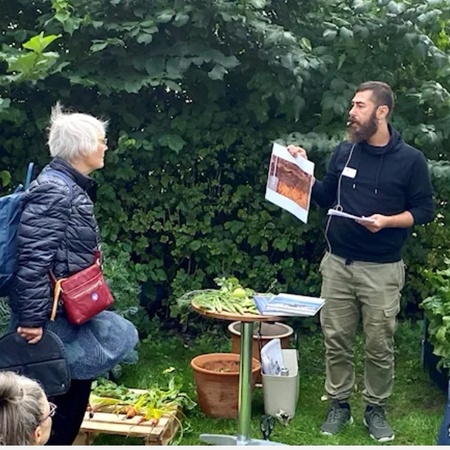
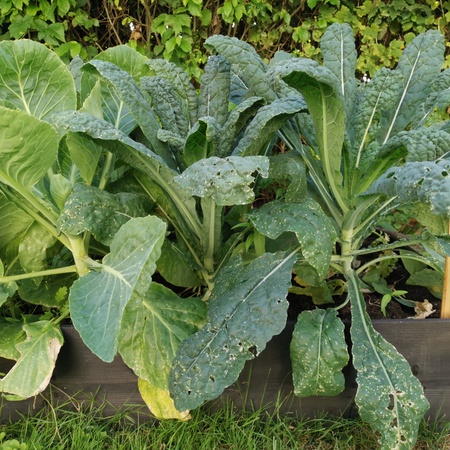
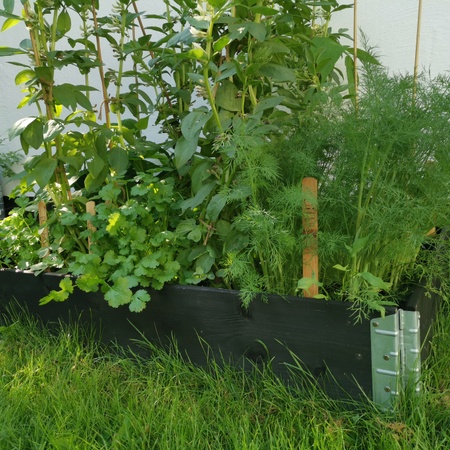
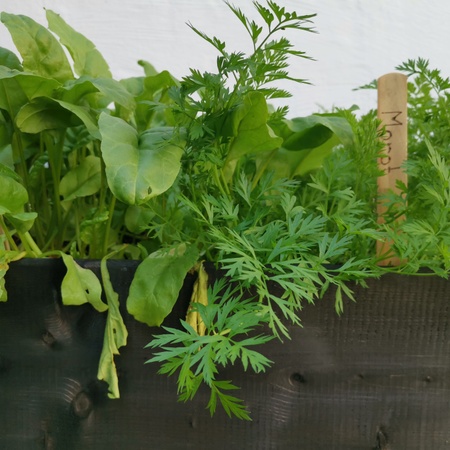
Today we had our first meeting. As soon as we get the funding we need to buy approximately three to four cultivation boxes, plastic sheets, soil, gardening tools, organic plant nutrition and a thin sheet for protecting the newly planted seeds. We are planning to grow vegetables and herbs that we through archeo-botanical finds know were cultivated in Iron Age Uppåkra and in Iron Age Scandinavia. We will therefore cultivate peas, broad beans, carrots, parsnips, parsley, dill, chives and kale, just to mention a few. We are also going to put together information about these plants in a simple brochure to hand out to our visitors. The brochure will contain information about when the different plants were introduced to Scandinavian farmers, which parts were used, medicinal properties and so on. In this way we hope to share our historical knowledge with the community and contribute to the joy and tranquility a garden brings. All of this is going to be in the great outdoors and is therefore COVID-19 safe.

